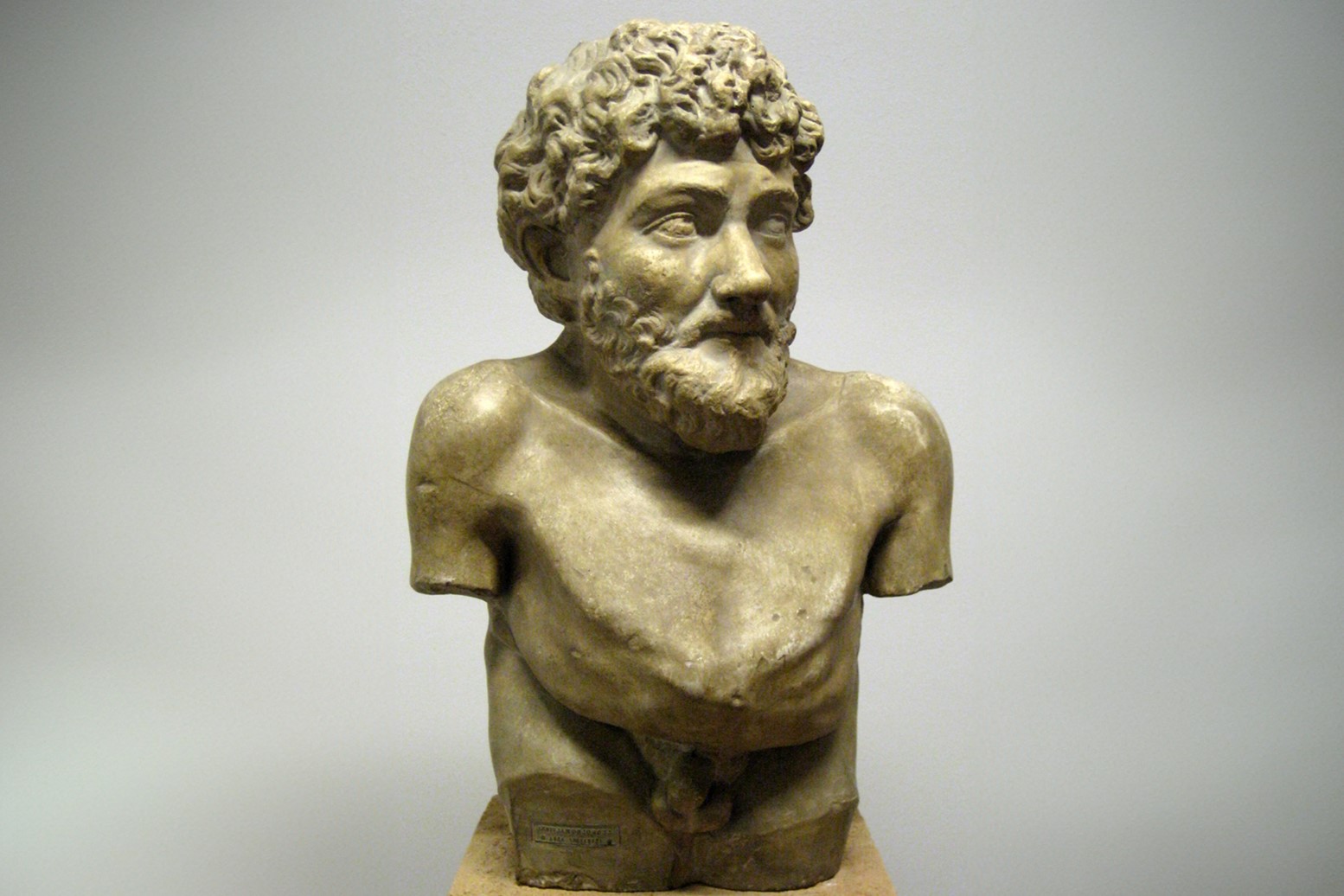
Aesop, the ancient Greek storyteller, has enchanted audiences for centuries with his timeless fables. But who was the man behind these enduring tales? Aesop's life remains shrouded in mystery, with many details about him debated by historians. Born a slave, he eventually earned his freedom through his wit and storytelling prowess. His fables, often featuring animals with human traits, impart moral lessons that resonate even today. Did you know that Aesop's fables have been translated into countless languages and adapted into various forms of media? From "The Tortoise and the Hare" to "The Boy Who Cried Wolf," these stories continue to teach and entertain. Ready to learn more about this fascinating figure? Let's dive into 14 intriguing facts about Aesop!
Who Was Aesop?
Aesop, a storyteller from ancient Greece, is famous for his fables. These short tales often feature animals and teach moral lessons. Let's dive into some fascinating facts about this legendary figure.
-
Aesop's Existence Is Debated
Historians argue whether Aesop was a real person or a fictional character. Some believe he lived around 620-564 BCE, while others think he might be a mythical figure. -
Born a Slave
Aesop was reportedly born a slave. His master, Iadmon, eventually freed him because of his wit and storytelling skills. -
Physical Appearance
Ancient descriptions of Aesop depict him as unattractive and deformed. This portrayal might have been exaggerated to highlight his wisdom over physical beauty.
Aesop's Fables
Aesop's fables are short stories that convey moral lessons. These tales have been passed down through generations and remain popular today.
-
Animal Characters
Many of Aesop's fables feature animals with human traits. These characters help illustrate the moral of each story in a relatable way. -
The Tortoise and the Hare
One of the most famous fables is "The Tortoise and the Hare." This story teaches that slow and steady wins the race. -
The Boy Who Cried Wolf
Another well-known fable is "The Boy Who Cried Wolf." It warns against lying, as it can lead to losing trust.
Influence on Literature
Aesop's fables have had a significant impact on literature and storytelling throughout history.
-
Adaptations
Many of Aesop's fables have been adapted into books, plays, and movies. These adaptations help keep the stories relevant for new audiences. -
Moral Lessons
The moral lessons in Aesop's fables have influenced countless other stories and teachings. They often serve as a foundation for ethical discussions. -
Educational Tool
Teachers and parents use Aesop's fables to teach children important life lessons. The simple yet powerful stories make it easy for kids to understand complex ideas.
Legacy of Aesop
Aesop's legacy continues to thrive, with his fables remaining a staple in literature and education.
-
Aesop's Fables in Schools
Many schools include Aesop's fables in their curriculum. These stories help students learn about morals, ethics, and critical thinking. -
Cultural Impact
Aesop's fables have been translated into numerous languages and are known worldwide. This widespread recognition highlights their universal appeal. -
Statues and Monuments
Several statues and monuments have been erected in honor of Aesop. These tributes celebrate his contributions to storytelling and literature.
Fun Facts About Aesop
Let's explore some lesser-known facts about Aesop and his fables.
-
Aesop's Day
Some people celebrate Aesop's Day on June 4th. This unofficial holiday honors the storyteller and his timeless tales. -
Fables in Pop Culture
Aesop's fables have made their way into pop culture, appearing in TV shows, movies, and even video games. This presence in modern media keeps the stories alive for future generations.
Timeless Tales and Lessons
Aesop's fables have stood the test of time for good reason. These short stories, filled with talking animals and moral lessons, continue to teach us about human nature and ethical behavior. Whether it's the cunning fox, the slow but steady tortoise, or the greedy dog, each character brings a unique lesson to life.
These tales aren't just for kids; adults can find wisdom in them too. They remind us that honesty, perseverance, and kindness are values worth holding onto. Plus, they're a fun way to pass down important lessons from one generation to the next.
So next time you come across one of Aesop's fables, take a moment to appreciate the simple yet profound messages they carry. They might be ancient, but their relevance is as fresh as ever.
Was this page helpful?
Our commitment to delivering trustworthy and engaging content is at the heart of what we do. Each fact on our site is contributed by real users like you, bringing a wealth of diverse insights and information. To ensure the highest standards of accuracy and reliability, our dedicated editors meticulously review each submission. This process guarantees that the facts we share are not only fascinating but also credible. Trust in our commitment to quality and authenticity as you explore and learn with us.


